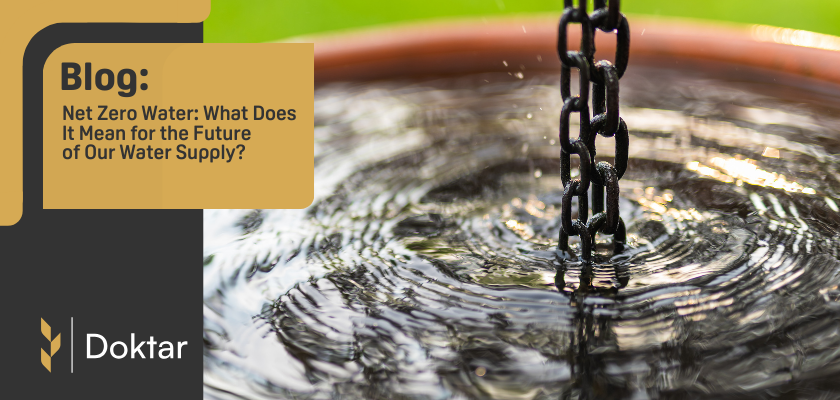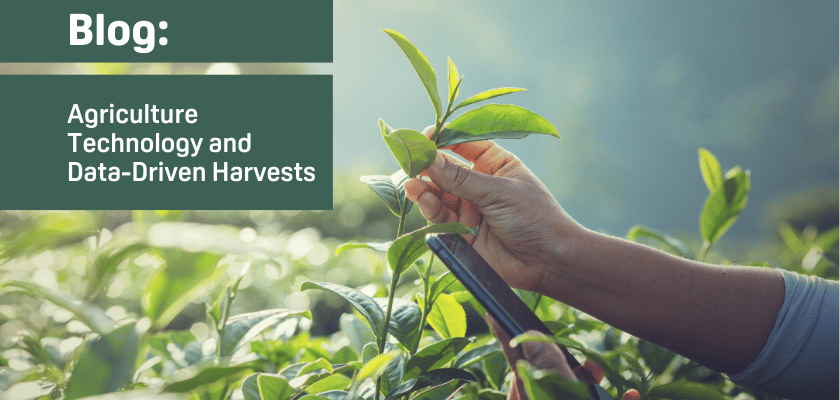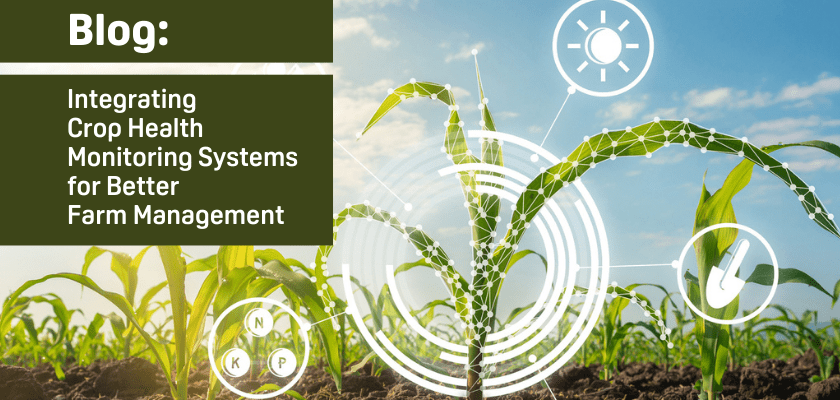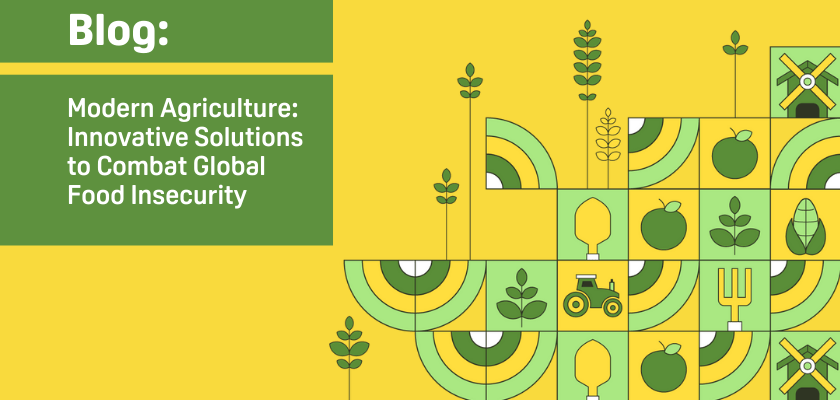

Net Zero Water: What Does It Mean for The Future of Our Water Supply?
Net Zero Water aims to balance water use with return to the environment, using technologies like efficient irrigation, rainwater collection, and smart tools such as Doktar's PestTrap, Orbit, and Filiz series. Achieving this requires water sustainability, energy conservation, and increased agricultural output. Collaboration among businesses, municipalities, and communities is essential for reaching the Net Zero goals.
Published on 12 June 2024
What is Net Zero Water?
Net Zero Water refers to the balance between the water we consume and the water we return to the environment. This holistic approach reduces water consumption and maximizes reuse to ensure sustainable water management. This concept is increasingly vital as global water scarcity issues escalate. When a household, business, or agricultural activity achieves Net Zero Water usage, the total amount of water used is balanced by the water that is preserved, recycled, or returned to the source.
Doktar’s innovative solutions play a crucial role in achieving Net Zero Water. Our products, such as the Filiz series of soil sensors, PestTrap for pest management, and Orbit's Variable Rate Application (VRA) tool, enhance water efficiency and conservation. Doktar’s comprehensive services optimize irrigation, monitor crop health, and manage pest populations, making significant strides toward sustainable water use.
What is Water Sustainability?
Water sustainability involves managing our water resources to meet current demands without compromising the ability of future generations to meet their own needs. It encompasses a range of practices aimed at ensuring a reliable and safe water supply. Effective water sustainability practices are essential to mitigate climate change's impacts and ensure this critical resource's long-term availability. Water sustainability is integral to power conservation, as water and energy are closely linked. Efficient water management can lead to significant energy savings, further contributing to sustainable development. This holistic approach promotes biodiversity, maintains ecosystem health, and supports agricultural productivity, crucial for feeding a growing global population.
How to Achieve Net Zero Water Use?
Achieving Net Zero Water use involves several key strategies, each focusing on reducing water consumption and enhancing water efficiency. This goal requires a combination of advanced technologies, innovative practices, and a commitment to sustainable water management. Significant strides can be made toward achieving Net Zero Water by leveraging modern irrigation systems, recycling and reusing water, and employing smart water management tools. Also, fostering a water conservation culture through education and awareness is crucial.
Businesses, governments, and communities must work collaboratively to implement policies and practices that support sustainable water use. Moreover, integrating real-time data and IoT devices, such as those offered by Doktar, can play a pivotal role in optimizing water resources and achieving these ambitious goals.
- Water Audits: Conducting thorough water audits to identify areas where water can be saved.
- Efficient Irrigation Systems: Advanced irrigation technologies, such as drip or sprinkler systems, are utilized to minimize water waste.
- Rainwater Harvesting: Collecting and storing rainwater for future use in agricultural or household activities.
- Greywater Recycling: Reusing greywater from sinks, showers, and washing machines for irrigation or toilet flushing.
- Smart Water Management Tools: Implementing tools like Doktar's Filiz series, which provide real-time soil humidity and temperature data to optimize irrigation practices.
What are the Best Ways to Achieve Net Zero Goals?
Achieving Net Zero Water goals requires a multi-faceted approach involving technology, policy, and community engagement. It starts with clearly understanding current water use patterns and identifying areas where improvements can be made. Advanced technologies, such as smart irrigation systems and AI-driven monitoring tools, are essential for optimizing water usage and minimizing waste. Policy frameworks that support sustainable water practices are crucial for setting the standards and regulations necessary for widespread adoption. Additionally, engaging communities and educating stakeholders about the importance of water conservation helps build a collective effort towards these goals. Collaborative initiatives between governments, private sectors, and local communities can drive innovation and implementation of effective water-saving practices:
- Adopting Water-Efficient Technologies: Utilizing products such as Doktar’s Filiz Pro enhances water conservation by providing precise irrigation recommendations based on real-time data.
- Implementing Variable Rate Application (VRA): Using tools like Doktar's Orbit to apply the right amount of water and nutrients to specific zones within a field, reducing waste and improving efficiency.
- Promoting Water Conservation Education: Educating communities about water conservation facts and sustainable water practices to foster a culture of conservation.
- Policy and Regulation: Enforcing policies that promote water conservation and sustainable water management practices.
- Innovative Agricultural Practices: Incorporating sustainable agricultural practices, such as crop rotation and cover cropping, to enhance soil health and water retention.
What are Doktar's roles in the process of achieving net-zero goals?
Doktar Technologies is crucial in helping achieve Net Zero Water goals through its innovative agritech solutions. These solutions are designed to optimize water usage and improve agricultural efficiency. By leveraging advanced technologies such as IoT devices, AI-driven analytics, and smart irrigation systems, Doktar ensures precise water management. Here are some ways Doktar contributes:
- Filiz Series: Doktar’s Filiz, Filiz Pro, and Filiz Mini provide essential data on soil humidity and temperature, enabling farmers to optimize irrigation schedules and reduce water usage.
- PestTrap: By monitoring and managing pest populations efficiently, PestTrap helps reduce the need for excessive water usage in pest-affected areas.
- Orbit: The Variable Rate Application (VRA) tool in Orbit categorizes productivity zones within a field, enabling precise water and nutrient applications, thereby conserving water.
- CropMap: Doktar’s CropMap provides detailed insights into field boundaries, crop types, and harvest monitoring, facilitating improved water resource management and planning.
Filiz Series: Precision in Irrigation
Doktar’s Filiz series includes soil sensors that provide real-time soil moisture and temperature data. These sensors help farmers decide when and how much to irrigate, significantly reducing water wastage and enhancing water conservation. By leveraging the data from Filiz, farmers can achieve sustainable water management practices that align with Net Zero Water goals.
PestTrap: Efficient Pest Management
PestTrap is another innovative product from Doktar that aids in water conservation. By providing early detection and monitoring of pest populations, PestTrap allows farmers to take timely action, thereby preventing extensive water use in pest-affected areas. This efficient pest management leads to better water sustainability in agricultural practices.
Orbit: Optimizing Water Use with VRA
Orbit’s Variable Rate Application (VRA) tool optimizes water and nutrient applications based on the specific needs of different zones within a field. This precise approach ensures that water is used efficiently, reducing overall consumption and supporting the achievement of Net Zero Water goals.
CropMap: Transforming Agricultural Data
Doktar’s CropMap transforms agricultural data into actionable insights, helping farmers manage their water resources more effectively. With features like field boundary detection, crop type monitoring, and harvest tracking, CropMap enables farmers to plan their water usage accurately, ensuring sustainable water practices.
Additionally, Doktar's IoT devices and AI models integrate seamlessly into existing farming operations, providing real-time data and actionable insights. This integration ensures that every drop of water is used effectively, reducing wastage and promoting sustainable practices. Doktar’s continuous innovation and commitment to sustainability make it a vital partner in the global effort to achieve Net Zero Water.
Conclusion
Net Zero Water is a vital concept for the future of our water supply. By adopting sustainable practices and utilizing advanced technologies, we can achieve significant water conservation and ensure water availability for future generations. Doktar’s innovative products are crucial in this process, providing the tools and data needed to optimize water use and promote sustainable water management. Embracing these practices and technologies will help us achieve Net Zero Water goals and contribute to the broader objectives of environmental sustainability and power conservation.
For those interested in exploring how Doktar's innovative solutions can transform your agricultural practices, visit our website for detailed information on all our products. Stay updated with the latest developments by following us on Instagram and LinkedIn, where we share insights, tips, and updates about our technologies and their impact on modern farming. Our mission is to ensure every agronomic decision is based on accurate information and optimization for a healthier, sustainable, and tastier world. Join us in transforming agriculture and achieving a more sustainable future.

Agriculture Technology and Data-Driven Harvests
The convergence of agriculture technology and data-driven solutions represents the next frontier of innovation in farming. With companies like Doktar leading the way, farmers can leverage these advancements to improve productivity, reduce environmental impact, and secure a more sustainable future for agriculture. Whether through precision agriculture, sustainable agriculture, or cutting-edge smart agriculture technology, the future of farming is bright, and data is at the heart of this transformation. Technology's positive impact on this future should inspire and motivate us all.

Integrating Crop Health Monitoring Systems for Better Farm Management
Crop health monitoring systems revolutionize modern agriculture by enabling real-time insights into plant health, reducing losses, and promoting sustainability. Tools like Doktar’s CropMap and Orbit integrate advanced technologies, empowering farmers with data-driven decisions. By enhancing efficiency and sustainability, these systems are essential for future-proofing agricultural operations.

Modern Agriculture: Innovative Solutions to Combat Global Food Insecurity
Modern agriculture combats global food insecurity with precision agriculture, sustainable practices, and biotechnology. Tools like IoT, automation, and crop innovations optimize resource use, enhance resilience, and ensure stable food supplies. By integrating smart technologies, agribusinesses address challenges like climate change and resource scarcity, paving the way for a sustainable food future.
